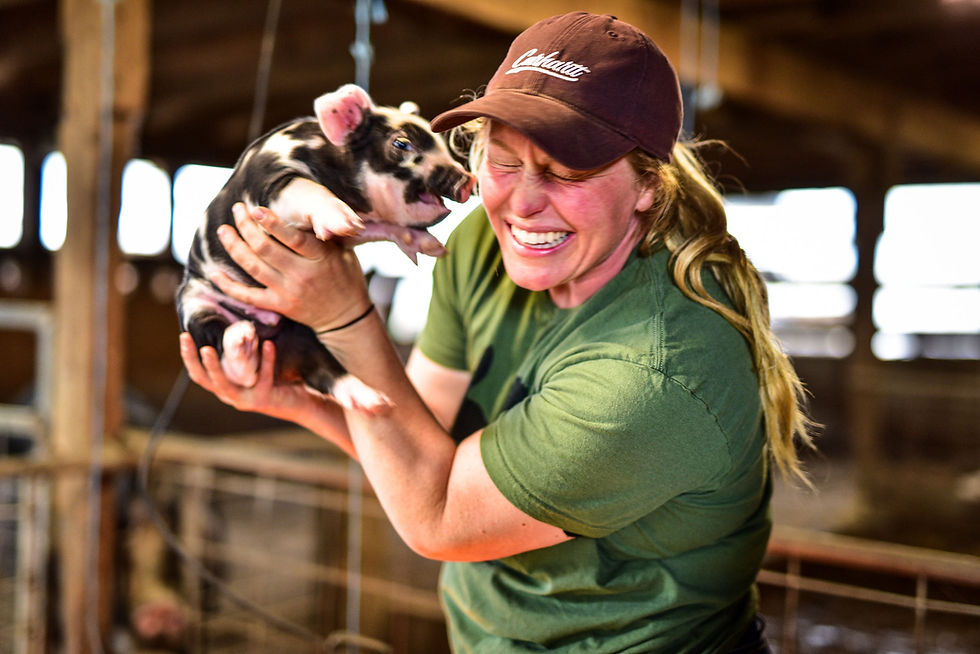The Humans Behind Addictions
- Flower Bomb Media Group

- Mar 6, 2022
- 3 min read
By: Athena Wu
In our minds, addiction is an escape.
In reality, it leads us from one dark place to an even darker one.
Addiction often emerges out of internal torment. It welcomes us with open arms, disguising itself as a solution to our pain and trauma. It becomes a hand to hold. And so, we turn to addictions in order to survive the destructive emotions that imprison us. It isn’t until much later that we realize how we’ve fallen victim to its lethal clutches.

Each time we give in to our addictions, we soar. We have a moment of release, as though we’re screaming into an empty chasm and letting all the inner turmoil fly out of us. But each time, the aftermath sends us back to the grim reality. The same emotions we’ve been avoiding are still right there, looming over us, waiting. We’re back to where we started, only now we have this urge, this craving to return to that chasm. And so we go back, again, and again, and again, at the expense of our physical and mental well-being, our relationships, our dreams, our passions—everything that could make life worth living but we feel is so out of reach.
July 2020 is when addiction first began taking over my life. It’s almost ironic how it formed as a way for me to take back control, and yet I ended up losing myself to it. Eating disorder behaviors seized my brain space, my energy, my time, my personality—it consumed me, and it was still never enough. That’s often the case with addiction. We have to have more, and when we have more, we need to have even more. It’s a dangerous trap to fall into, especially when we hardly realize how fast we’re falling.
My own mental struggles transpired entirely within my head. Self-hatred infected my mind, and I truly believed that restricted eating would be the cure. It began with wanting to lose a few pounds, but I would keep going back to eating disorder behaviors as a reflex to negative self-talk. When we’re stuck in that cycle of consistently relying on addictive behaviors to fix ourselves, we become blind to the effects. Addiction doesn’t fix our struggles; it worsens them. Looking back, I can confirm that my eating disorder has done nothing but tear down my self-image—if only I could go back in time and tell that to my sixteen-year-old self.
November 2020 introduced a new addiction into my life, as eating disorder behaviors temporarily subsided. I turned to self-harm as a way to cope with the shame, guilt, and low self-esteem that had compounded within me. I think what most people don’t realize is that nobody wants to have addictions. Whether it’s alcohol, drugs, risk-taking behaviors, eating disorder behaviors, self-harm, or another form, we don’t want it. But we can’t stop. Addiction warps our thoughts. You might say it’s logical to simply cut out habits that have negative consequences, but we don’t see that. Our brains are constantly screaming at us to do it again, and giving in to those voices in our heads is far easier than listening to reason. Because we can’t escape from that voice, we prioritize it. We fuel it.
When we’re so deep in our struggles, we almost don’t even want to be saved. We don’t want to let go of the habit or the substance that may be the only thing giving us a break from the reality of our situation, from our minds. I was incredibly reluctant to get help. Of course, I wanted to be recovered, but the road ahead of me seemed endless and exhausting: the treatment plan, the supervision, the idea of throwing away what had been sustaining (but truly destroying) me for over a year.
It wasn’t until I made it out of the depths of my addictions that I could begin to separate myself from my mental struggles. I’ve started to understand that I am not who I was when I was mentally at my lowest. Isolated and closed off, I had neglected my friendships and relationships with my family, and I had been constantly lethargic, depressed, and irritated. That wasn’t me. That isn’t me. Addictions twist our demeanor and personalities. This is especially true for those who suffer from substance abuse, as drugs and alcohol physically impact parts of the brain.
That’s not to say recovery isn’t possible. I’m two weeks into a tough program, and I can already feel the difference. No one’s story is the same, and so many don’t have access to strong support systems, but perhaps we can all understand that behind addictions are people just trying to cope with lives that bring them more pain than they can bear. Behind addictions are humans.




Comments